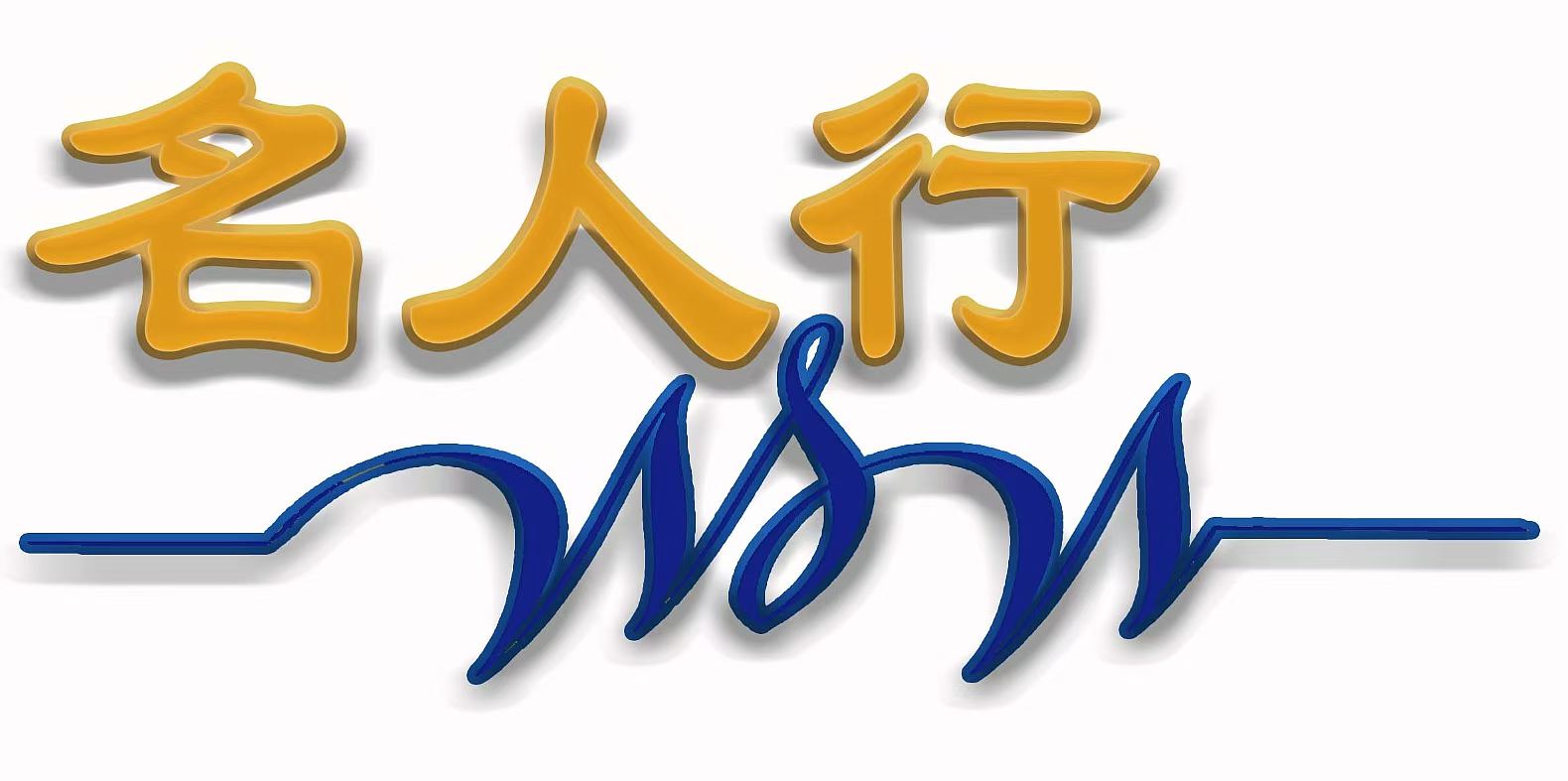Prediction of Global Trends for the Year of the Snake (2025)
Forecasting global trends is a complex and uncertain endeavor that requires comprehensive analysis of current international dynamics, economic patterns, technological advancements, and geopolitical factors. Based on the global landscape as of mid-2024, here is a framework for discussing potential trends during the Year of the Snake (2025, the lunar Yisi Year). Note that unforeseen events (e.g., wars, pandemics, natural disasters) could significantly alter these projections:
1. Global Economy: Fragmentation and Transformation
* Slower Growth and Regional Divergence: The global economy may continue a "low-growth, high-volatility" pattern, with widening gaps between developed and developing economies. The U.S. and Europe face inflationary pressures and policy adjustments; China relies on structural reforms and domestic demand; emerging markets grapple with dollar-denominated debt and energy price fluctuations.
* Accelerated Supply Chain Reshaping: Geopolitically driven "nearshoring" and "friendshoring" trends deepen, further regionalizing global supply chains (e.g., North America, Europe, Asia). Competition and protectionism intensify in critical sectors (semiconductors, green energy, AI).
* Digital Currency and Financial System Evolution: Central Bank Digital Currencies (CBDCs) expand pilot programs, cryptocurrency regulations solidify, and challenges to the U.S. dollar’s dominance in international payments grow.
2. Geopolitics: Conflict and Cooperation
* Continued U.S.-China Strategic Competition: Technology decoupling, Taiwan Strait tensions, and South China Sea disputes remain focal points, but limited cooperation (e.g., climate, public health) may emerge. Third-party nations (e.g., Southeast Asia, the Middle East) gain strategic importance as balancers.
* Long-Term Impacts of the Russia-Ukraine Conflict: Europe accelerates energy transitions; Russia-West relations remain frozen. Global food and energy security risks spill over to Africa and the Middle East.
* Rising Influence of the "Global South”: Developing nations leverage mechanisms like BRICS expansion and the African Union’s G20 membership to demand greater political-economic influence, reinforcing a multipolar world order.
3. Technology and Industry: AI and Green Transition
* AI’s Breakthrough Applications: Generative AI (e.g., advanced ChatGPT iterations) permeates healthcare, education, and manufacturing, but triggers job displacement, ethical debates, and regulatory challenges.
*Green Energy Race Intensifies: Nations compete in clean tech (hydrogen, nuclear fusion), while carbon tariffs take effect. However, climate financing gaps and developing nations’ emission-reduction struggles persist.
Biotech and Human Health: Advances in gene editing and mRNA vaccines revolutionize disease treatment, but biosecurity and ethical controversies escalate.
4. Societal and Environmental Challenges
Demographic Shifts: Aging populations (notably in China, Japan, South Korea, and Europe) contrast with Africa’s youth surge, fueling migration crises and social welfare strains.
Extreme Weather Normalization: Heatwaves, floods, and climate refugees surge, outpacing global mitigation efforts.
Erosion of Trust and Ideological Divides: Misinformation and deepfakes exacerbate polarization, while populism and identity politics rise globally.
5. Cultural Perspective: Symbolism of the Year of the Snake
In Chinese tradition, the snake symbolizes wisdom, adaptability, and resilience. Amid global turbulence, flexible strategies (e.g., deepening the Belt and Road Initiative), long-term planning, and integrating technological and cultural soft power may guide China and East Asia in navigating challenges.
Conclusion and Recommendations
The Year of the Snake (2025) may be defined by "high risks and high transformation." Key priorities for nations and individuals include:
Risk Mitigation: Preparing for geopolitical shocks, financial volatility, and technological disruptions.
Opportunity Capture: Leveraging growth in green industries, digital economies, and healthcare innovation.
Global Governance Reform: The adaptability of multilateral institutions to new power structures will determine humanity’s ability to tackle shared challenges.

Comments (0)
No comments